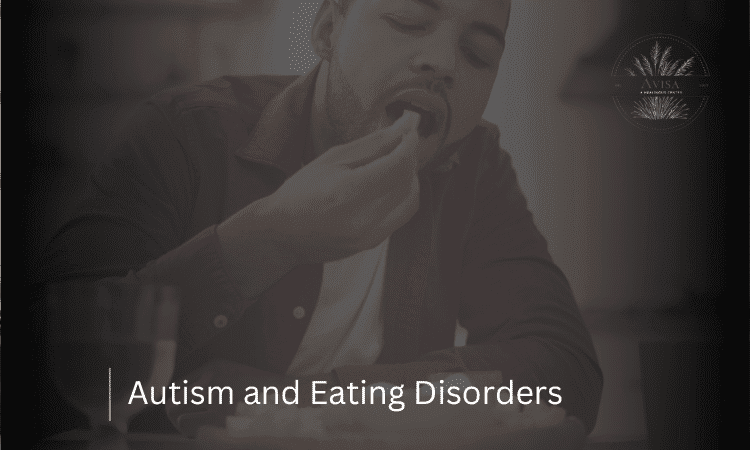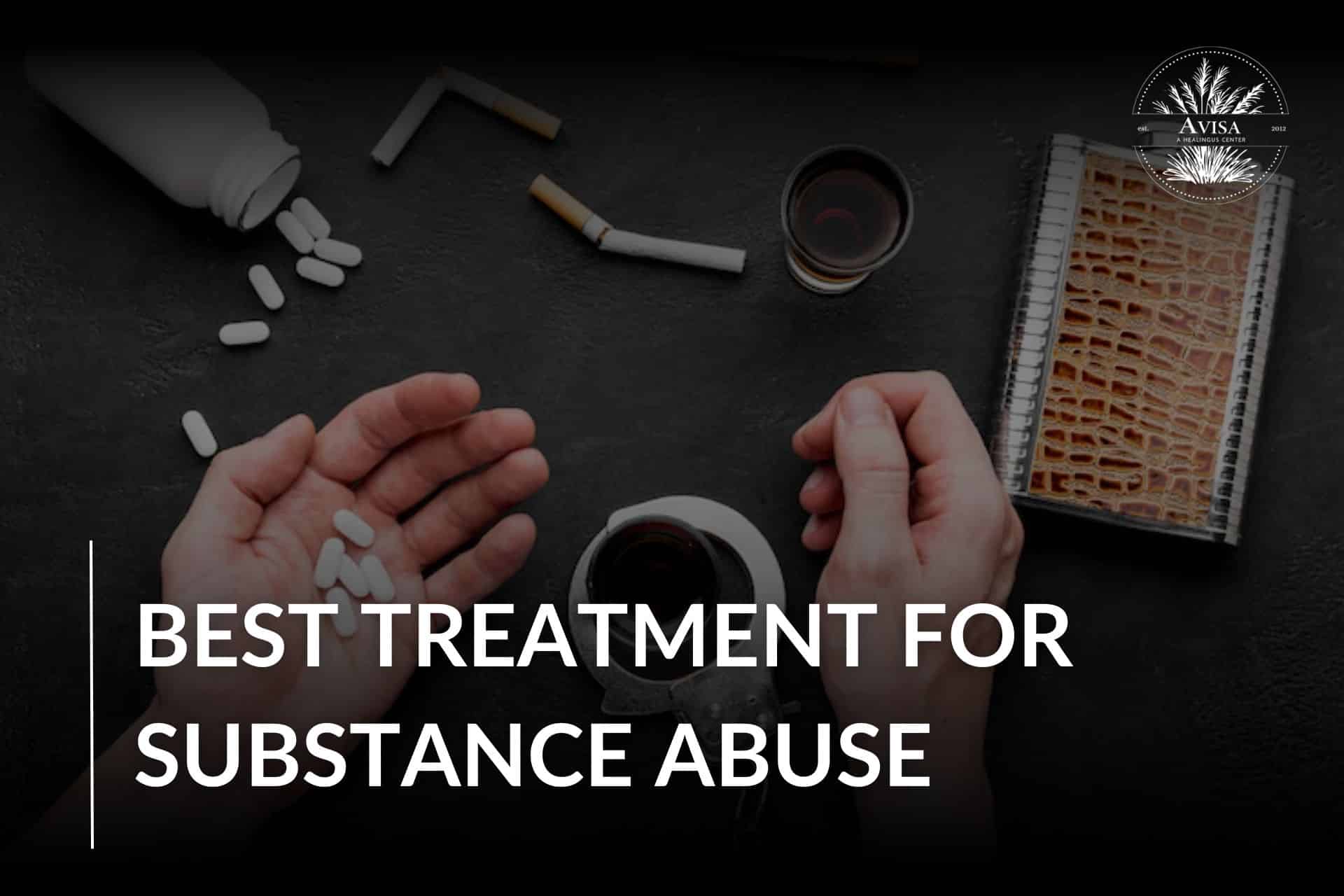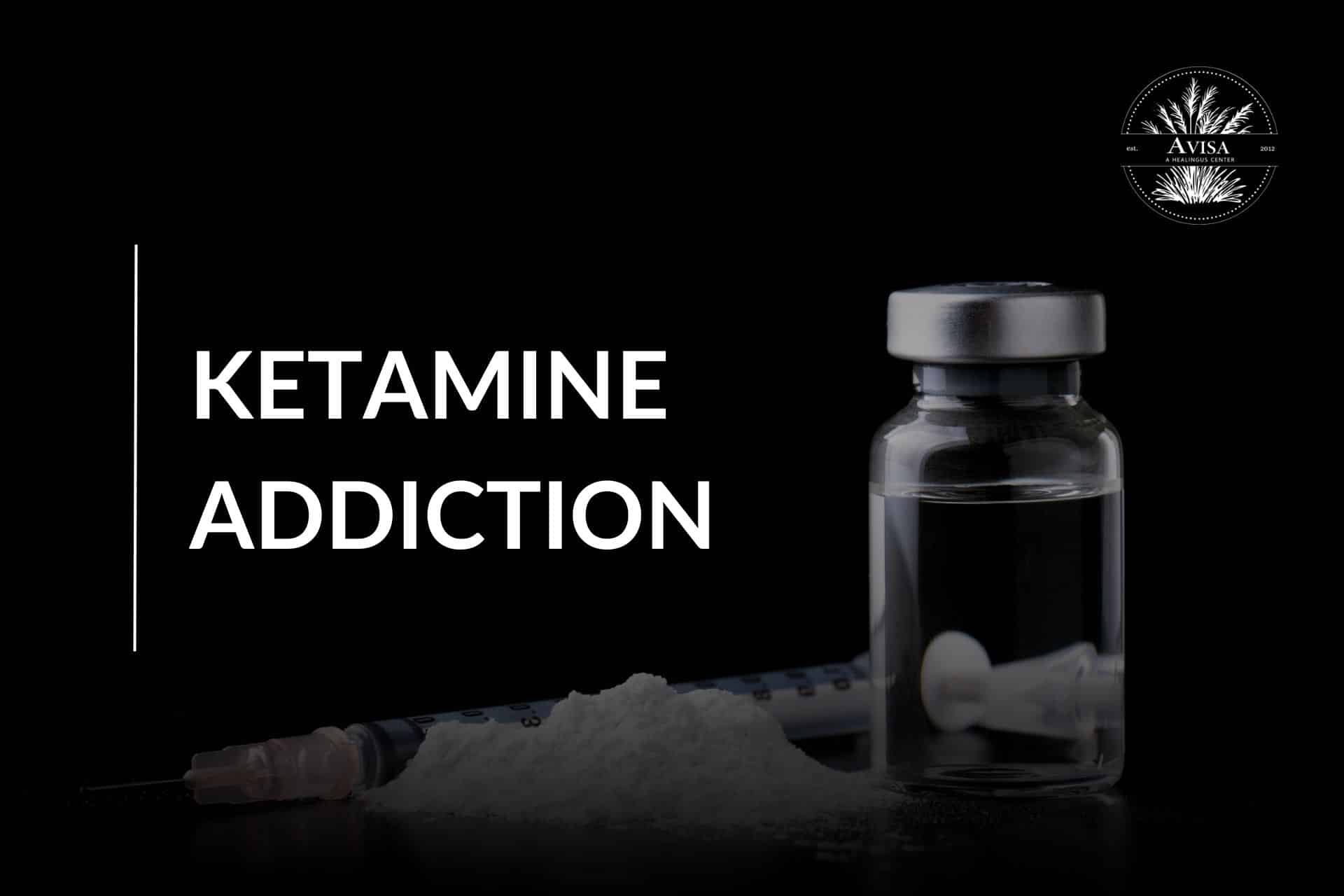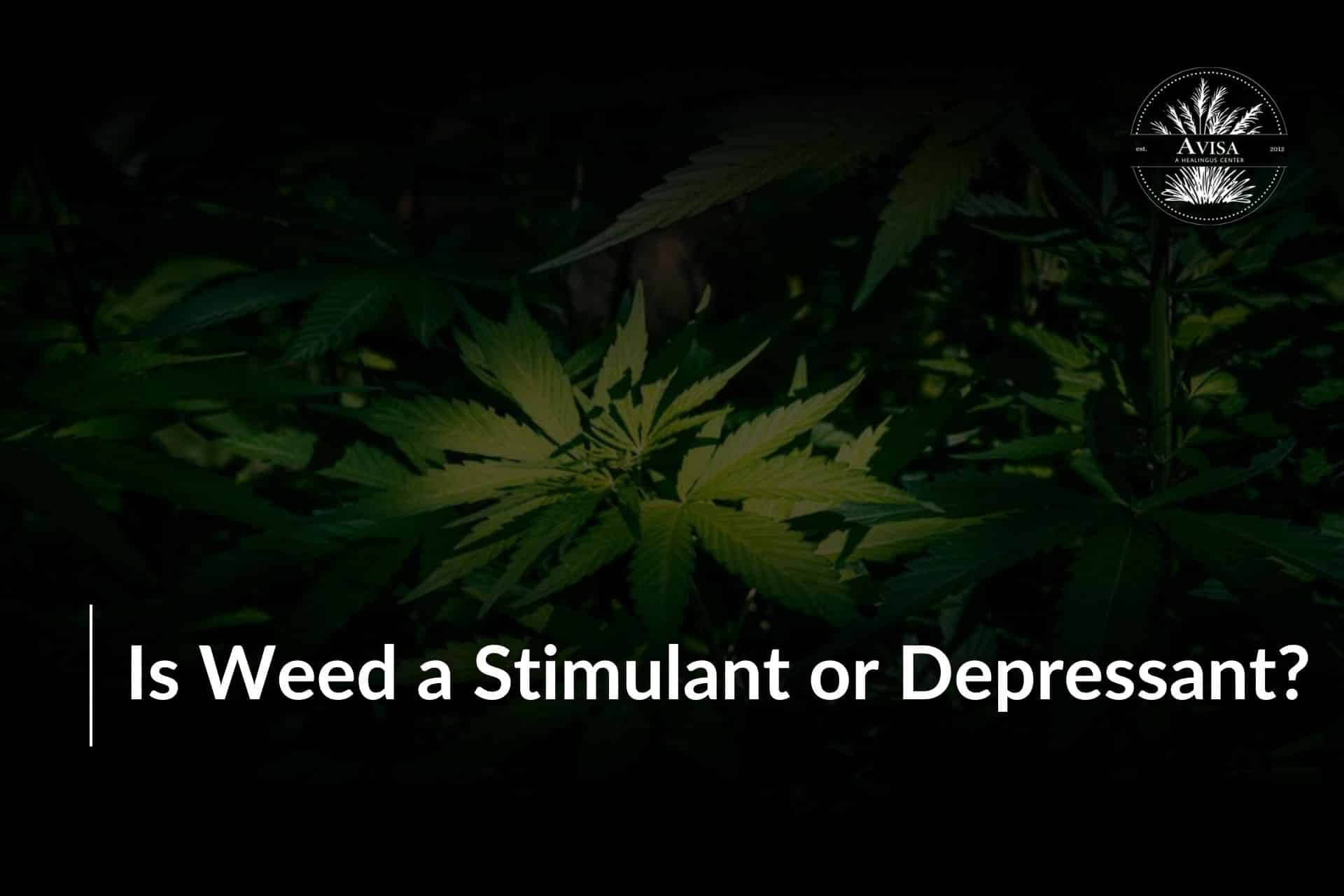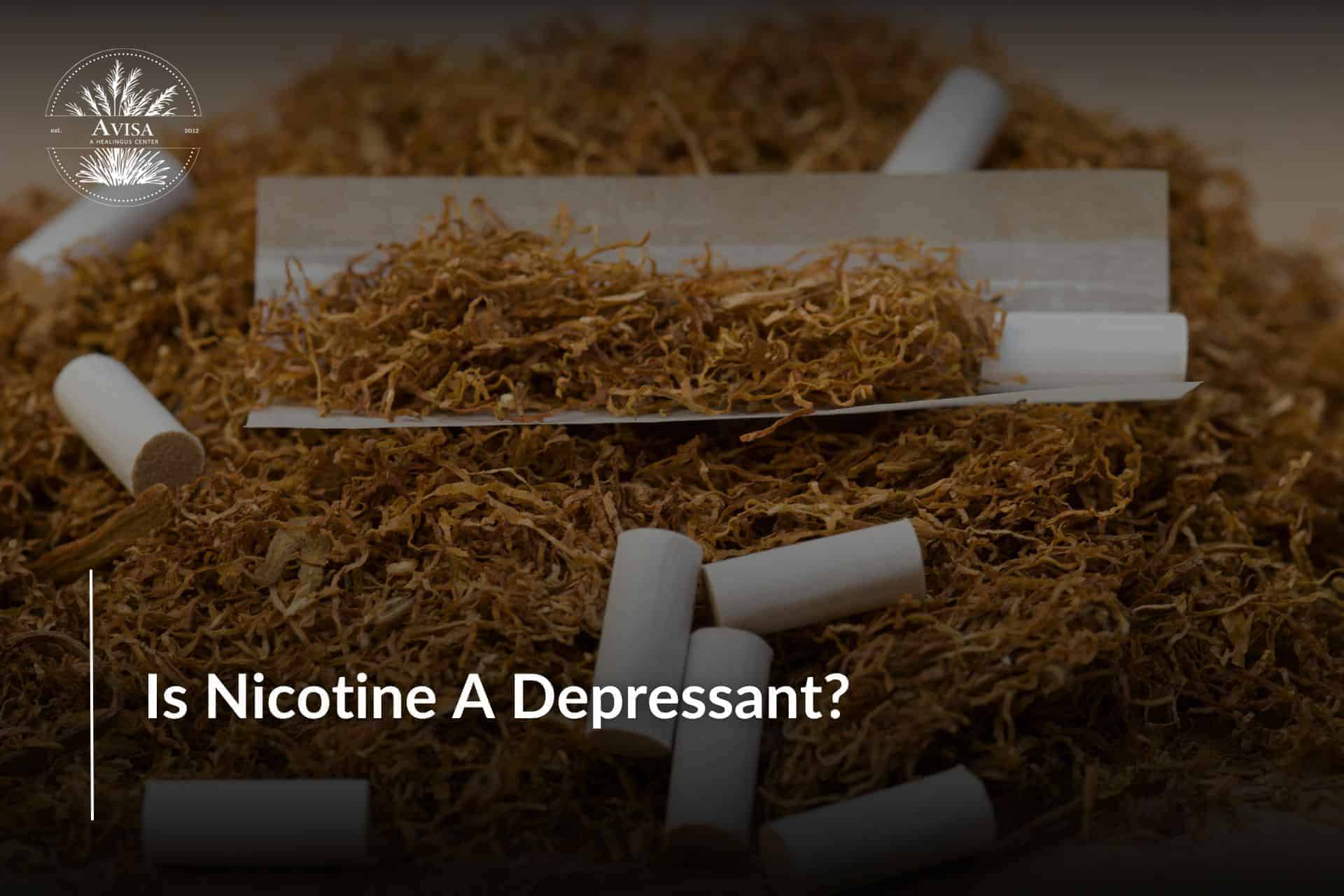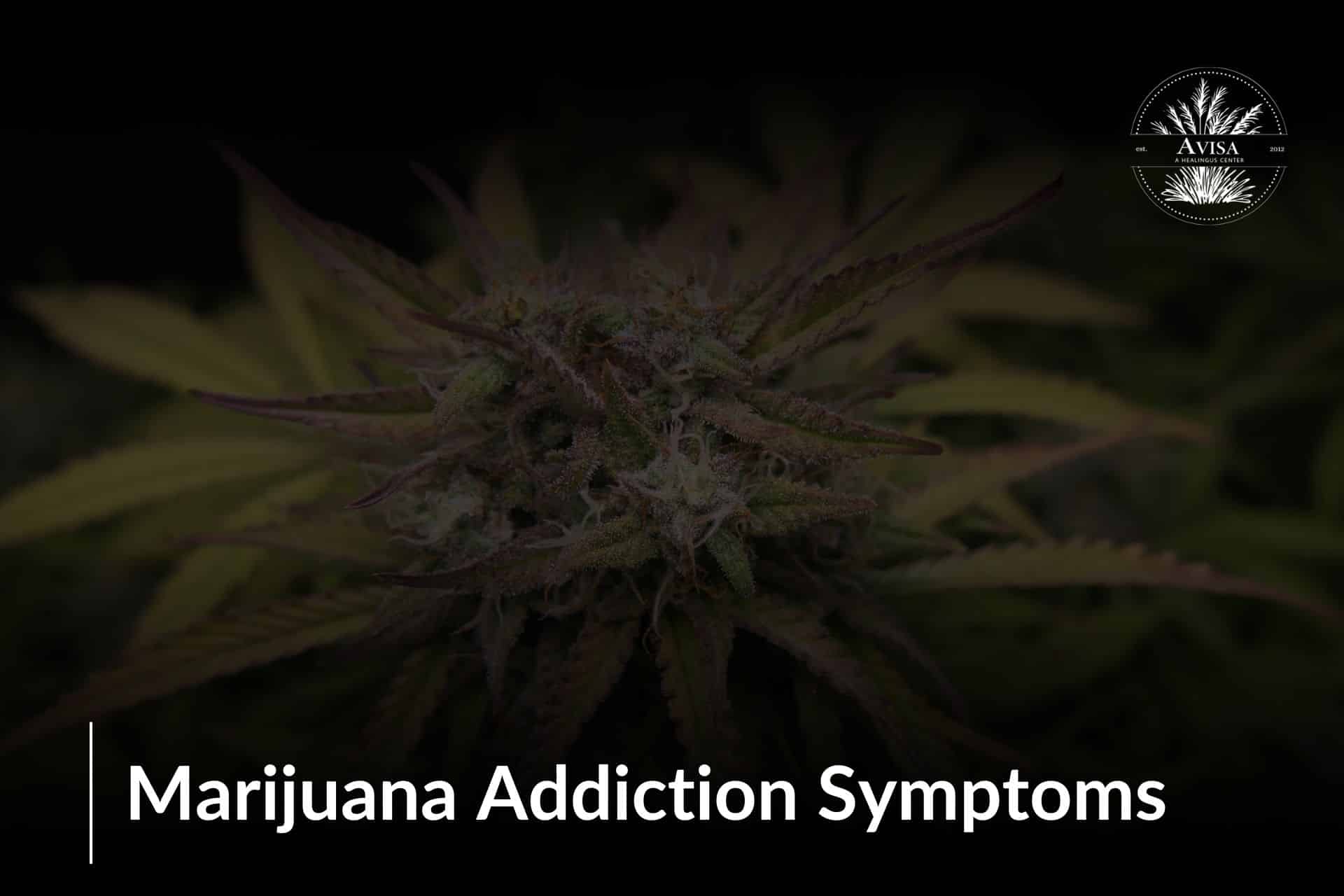Hallucinogens are substances containing alkaloid compounds known for inducing vivid sensory experiences, making users perceive things that aren’t there. Essentially, they trigger hallucinations. Unfortunately, some individuals who dabble with hallucinogens mistakenly believe these drugs pose minimal risks. While they may not carry the same addictive potential or physical harm as substances like heroin or cocaine, they can still inflict severe psychological harm and foster psychological dependency. Are hallucinogens truly addictive? This article dives into the scientific evidence and explores the perspectives of experts to shed light on the complexities of hallucinogenic use and its potential for dependence.
Are hallucinogens addictive? This inquiry forms the cornerstone of our exploration, prompting an in-depth analysis of existing evidence and expert perspectives regarding the addictive nature of hallucinogenic compounds.
Understanding Hallucinogens to know why are hallucinogens addictive!
Hallucinogens, also known as psychedelics, take us on a mind-bending trip, altering our perception of reality. But how do these substances work, and what kind of effects can we expect, are hallucinogens addictive?
A Spectrum of Trippy Experiences
- Classics: LSD (lysergic acid diethylamide) and psilocybin ( are iconic hallucinogens, known for inducing intense visual and auditory hallucinations. LSD trips can last 8-12 hours, while psilocybin effects typically wear off within 4-6 hours.
- Dissociatives: PCP (phencyclidine) and ketamine are different breeds. While they can produce some hallucinations, they’re known more for causing dissociation, a feeling of detachment from oneself or surroundings.
- Natural Sources: DMT (dimethyltryptamine), found in some plants and potentially produced naturally in the human brain, is known for its incredibly intense and short-lived psychedelic experience.
Chemical Conversation with the Brain
Hallucinogens work their magic by interacting with neurotransmitters, the brain’s chemical messengers. LSD and psilocybin primarily target serotonin, a neurotransmitter involved in mood, perception, and cognition. This interaction disrupts normal brain communication, leading to the altered states of consciousness associated with a trip.
A Kaleidoscope of Effects
The effects of hallucinogens vary depending on the specific substance, dosage, and individual user. Here’s a glimpse into the potential experiences:
- Sensory Alterations: Vivid visuals, distorted sounds, and heightened touch are common. Colors may appear brighter, objects might morph, and sounds can take on new qualities.
- Altered Thinking: Time perception can become distorted, and users may experience intense introspection, philosophical ponderings, or feelings of connection to something larger than themselves.
- Mood Swings: The emotional rollercoaster is real. Euphoria, anxiety, and fear can all be part of the hallucinogenic experience.
Unveiling the Complexities
Hallucinogens might alter our perception, but can they truly be addictive? Understanding addiction requires a deeper look at the brain and its reward system.
Addiction Demystified
Addiction is a complex chronic brain disease characterized by compulsive drug seeking and use despite harmful consequences. It’s not just about occasional use or simply enjoying a substance. Addiction involves:
- Loss of control: Inability to stop using the drug even when you want to
- Persistent urge to use: Cravings that are difficult to resist
- Continued use despite harm: Using the drug even though it causes problems in your life.
The Diagnostic Checklist
The Diagnostic and Statistical Manual of Mental Disorders (DSM-5) outlines specific criteria for diagnosing a substance use disorder, which includes addiction. These criteria consider factors like:
- Tolerance: Needing more of the drug to achieve the same effect over time
- Withdrawal symptoms: Experiencing physical or psychological discomfort when you stop using the drug
- Neglected activities: Giving up important responsibilities or hobbies due to drug use
- Continued use despite problems: Continuing to use the drug even when it causes problems in your life
The Debate Surrounding Hallucinogen Addiction
The question of hallucinogen addiction remains a topic of debate within the scientific and medical communities. Let’s delve into the historical misconceptions, explore current research findings, and see how expert opinions diverge.
A History of Misconceptions
Early portrayals of hallucinogens often painted them as highly addictive. LSD, for example, was once believed to cause instant dependence. However, these views were often based on anecdotal reports or limited studies.
Unveiling the Evidence
Contemporary research suggests a more nuanced picture. Unlike highly addictive drugs like cocaine or heroin, hallucinogens generally don’t produce strong physical dependence or withdrawal symptoms. They also tend not to trigger intense cravings in the same way. Studies on LSD and psilocybin show low rates of addiction compared to other substances.
Diverging Opinions
Despite the evidence, some experts caution against downplaying the addictive potential of hallucinogens altogether. Factors like individual brain chemistry, dosage, and setting can influence the risk. Additionally, some dissociative hallucinogens like PCP can be more addictive than classic psychedelics.
While hallucinogens may not be as traditionally addictive as some substances, the potential for dependence and compulsive use shouldn’t be entirely dismissed.
Risk Factors for Hallucinogen Dependence
While hallucinogens may not be highly addictive in the traditional sense, some individuals are more susceptible to problematic use than others. Let’s explore the potential risk factors that can influence dependence.
Biological Factors
- Brain Chemistry: Individual differences in neurotransmitter systems, particularly dopamine and serotonin, might play a role. People with pre-existing imbalances may be more vulnerable to the effects of hallucinogens and potentially more likely to misuse them.
- Genetics: A family history of substance use disorders could indicate a genetic predisposition to dependence. This doesn’t guarantee addiction, but it highlights a potential vulnerability.
Environmental Influences
- Peer Pressure and Social Circles: Surrounding yourself with people who use hallucinogens regularly can increase the pressure to experiment or misuse these substances.
- Stressful Life Events: Hallucinogens can sometimes be misused as a coping mechanism for trauma, anxiety, or depression. Difficult life situations can increase the risk of seeking escape through hallucinogenic experiences.
- Early Exposure: Early use of any psychoactive substance, including hallucinogens, can increase the risk of dependence later in life.
Psychological Predispositions
- Mental Health Conditions: Pre-existing mental health conditions like anxiety, depression, or personality disorders can make individuals more susceptible to self-medication attempts with hallucinogens.
- Impulsivity and Risk-Taking Behavior: Those prone to impulsive decisions or seeking out risky experiences may be more likely to misuse hallucinogens.
- Lack of Positive Coping Mechanisms: Individuals who struggle with healthy ways of managing stress or difficult emotions may be more drawn to the potential for emotional escape offered by hallucinogens.
Understanding these risk factors can empower individuals to make informed choices and seek help if needed.
Hallucinogens and Dependence
While the previous sections explored the debate surrounding hallucinogen addiction, dependence can still be a concern. This section dives deeper into the specific characteristics of dependence on hallucinogens.
Tolerance and Withdrawal
- Tolerance: Hallucinogens can produce some tolerance, meaning users may need to take higher doses over time to achieve the same effects. However, tolerance to hallucinogens is generally less pronounced compared to highly addictive substances.
- Withdrawal Symptoms: Physical withdrawal symptoms associated with hallucinogen cessation are typically mild or absent. Psychological discomfort like anxiety, irritability, or cravings might occur, but they are usually short-lived and less severe than withdrawal from drugs like alcohol or opioids.
Frequency and Patterns of Use
- Dependence risk is influenced by frequency and patterns of use, with occasional use posing a lower risk than frequent or daily use.
- Using hallucinogens in unpredictable settings or with unpredictable effects can elevate the risk of compulsive use as individuals seek to replicate positive experiences.
Psychological Dependence vs. Physical Dependence
While hallucinogens are unlikely to cause physical dependence with withdrawal symptoms, psychological dependence can still develop, leading individuals to crave the drug’s experience despite negative consequences.
Harm Reduction Strategies
Even for individuals who choose to use hallucinogens, harm reduction strategies can minimize potential risks and promote safer use:
Education and Awareness Campaigns
- Informing the public about hallucinogens’ effects, risks, and safe practices empowers informed decision-making.
- Addressing misconceptions and dangers of high doses, mixing substances, and unsafe settings is vital.
Safer Use Practices
- Set and Setting: Creating safe environments with trusted individuals is essential, avoiding unpredictable settings or using alone.
- Dosage and Source: Starting with low doses and obtaining from reliable sources reduces risks.
- Integration and Support: Planning for post-experience processing and seeking therapy or support promotes learning and integration.
Access to Medical Assistance and Support Services
In case of emergency situations arising from hallucinogen use, having access to medical professionals and support services equipped to handle these situations is crucial.
Normalizing seeking help for challenging experiences associated with hallucinogens can encourage individuals to come forward and receive appropriate care.
Understanding these broader factors empowers individuals to make informed choices about substance use and seek help if needed.
FAQs
1. What are Hallucinogens?
Hallucinogens are drugs that alter perception, mood, and cognition, often causing hallucinations. Examples include LSD, psilocybin, DMT, mescaline, and MDMA.
2. Are Hallucinogens Addictive?
The addictive potential of hallucinogens is debated. While they can induce tolerance, physical dependence, and withdrawal symptoms are rare. However, some individuals may develop psychological dependence.
3. What are the effects of Hallucinogens?
Effects vary but commonly include altered perception, mood swings, and hallucinations. They can also lead to spiritual experiences or negative effects like anxiety and confusion.
Seeking assistance can lead to a healthier and more fulfilling life
While the addictive potential of hallucinogens remains a topic of debate, understanding their effects and risks is crucial for informed decision-making. Whether considering use, seeking support, or advocating harm reduction, knowledge empowers responsible choices. If you or someone you know is struggling with substance use, seeking help is essential. Take charge of your well-being. Whether you’re considering using hallucinogens or seeking support for substance use, knowledge is key. Reach out to Avisa and remember, you’re not alone on your journey to a healthier life.



